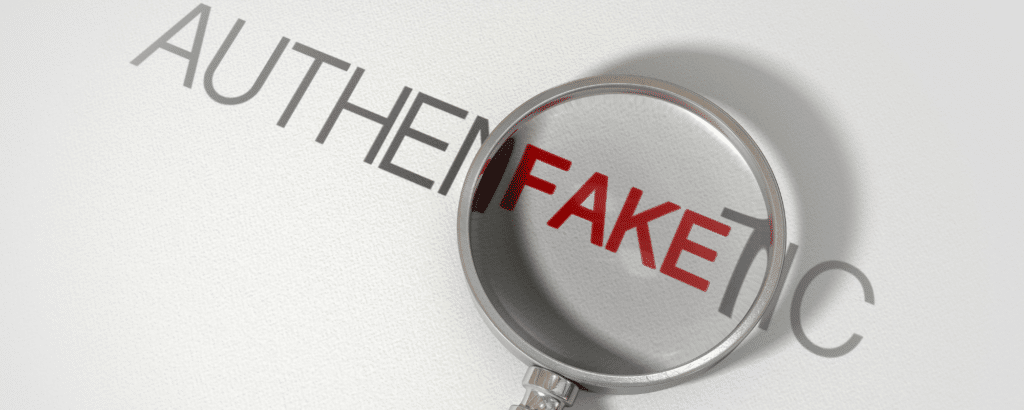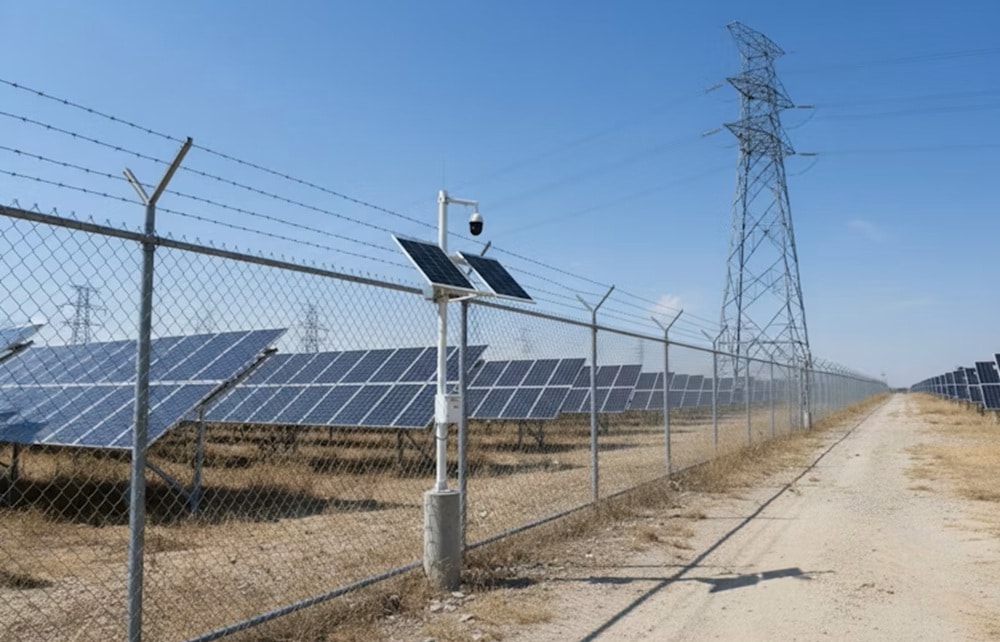Mary Kernohan, head of nurture at SnapDragon Monitoring on the FIFA Women’s World Cup 2023 and how consumers and brands can protect themselves from scams and counterfeits associated with the event.
The FIFA Women’s World Cup 2023 is well underway and there is already a palpable sense of excitement in the air.
Who will win what has become the world’s biggest all-female sporting event on the calendar? Will England maintain its victorious march from last year’s Euros, or will the US favourites sweep ahead and win the whole thing?
No one can say for sure.
But, at SnapDragon Monitoring, one thing we know is that while the women’s cup attracts the eyes of the world, it also attracts the eyes of the world of crime, with criminals looking to exploit the event and capitalise on its popularity.
So, what threat do world cup scams pose to this cherished event – and how can fans, players and teams protect themselves from harm?
SnapDragon Monitoring on Understanding the Threats
When it comes to infringement related threats targeting this year’s World Cup, there are three key issues which impact players and fans alike. These include counterfeits, fraud and player impersonations.
Relayed in detail below, it is vital that organisations, players and fans all take steps to protect against them. Here’s what we at SnapDragon Monitoring suggest you look out for:
Counterfeits
For many football fans keen to show support for their home team, branded merchandise such as football strips, scarves, accessories and more are a must-have souvenir.
Sadly however, the popularity of the Women’s World Cup has given rise to a boom in fakes, with infringers creating substandard counterfeits, aimed at scamming fans and making a quick profit. Replicating genuine merchandise, these fakes target teams, players and even individual clubs – meaning no one is safe from unscrupulous sellers.
Why does this matter?
While counterfeits may appear relatively harmless and a ‘victimless’ way to save money, the dangerous values fakes represent could not be further from the beautiful game.
Typically manufactured in bulk with cheaper and, at worst, unsafe materials, fake merch often degrades faster than the real thing – proving a false economy for thrifty fans. What’s more, while the cheapest counterfeits may be a tempting choice, the human cost is much higher. Operating in exploitative conditions which facilitate criminal activity, the worst offenders will stop at nothing to maximise profits, insulting fans and teams alike.
With this in mind, any football fan that falls for counterfeits will no doubt feel outraged when their coveted memorabilia from the World Cup turns out to be fake – especially knowing they have been conned and their hard-earned money pocketed by criminals.
When it comes to protecting against counterfeits therefore, it is advised to only purchase from authorised sellers and licensees, avoiding discount marketplaces where prices appear to be far cheaper than other sites. What’s more, for those shopping in person, unofficial pop-up stalls and shops should also be treated with caution.
Beyond fans exercising caution, enterprising teams, clubs and players can also take steps to protect themselves and their supporters. This includes monitoring and enforcing infringements being sold online which mimic their products and/or use their name. This can be carried out regularly by using tools which monitor for suspect listings online, while regular enforcement (aided by a strong intellectual property portfolio) ensures fakes can be removed before causing brand damage and threatening loyal fans.
Scams
Another key infringement threat heightened around the World Cup relates to scams. Rather than selling substandard fakes, this activity is solely designed to rip-off fans, stealing their financial and personal data. This can include scam merchandise websites set up to dupe fans, as well as phishing emails issued by cybercriminals, encouraging unsuspecting fans to click onto malicious links or attachments.
In order to carry out this type of scam, criminals will set up their own fake websites, often duplicating official websites, including ticket resellers, sites selling World Cup merchandise, or sites dedicated to the tournament – all of which are intended to mislead and scam supporters.
At SnapDragon Monitoring we are aware that the most sophisticated websites will look identical to their genuine counterparts, with only small changes to the URL which are virtually unnoticeable to the untrained eye. However, unlike their official counterparts, when consumers try to make purchases or enter personal details into the website, their data will be stolen and used nefariously by criminals.
Phishing emails, texts and promotions are another key method criminals will often use to direct traffic to their illegitimate sites. In cases like this, scammers will often send spam correspondence where recipients are encouraged to click on malicious links or URLs that lead them to the spoofed site. Ranging from fake competitions to betting promotions, merch and more, each is designed to tempt fans and undercut genuine sellers and partners.
To protect against this type of scam, it is essential that football fans stay extra vigilant of scam messaging relating to the World Cup. If an email looks suspicious, hit delete. When it comes to visiting websites, if in doubt search for them directly via internet browsers and avoid clicking on promoted links.
On top of this, SnapDragon Monitoring also believes it is essential that organisations take steps to monitor for fake versions of their official websites, or where their name and/or products may be falsely listed. Similar to counterfeit monitoring, this can be achieved through innovative AI tools which can scan the web specifically for infringing sites and have them removed before they cause harm. What’s more, where identified it’s always helpful to spread the word and educate fans on potential risks.
Player Impersonations
The final infringement threat which could endanger fans and players during the World Cup relates to player impersonations and deepfakes. This may involve criminals seeking to mislead fans by impersonating an individual player, mimicking their social media profile and/or image to disseminate harmful content. Taking many forms, this content typically involves malicious links which cause computer viruses, as well as the publication of dangerous and inaccurate information.
Going one step beyond account impersonation are deepfakes, where criminals use AI to replicate players physically and exploit their avatars for profit. SnapDragon Monitoring knows that this can be highly dangerous for unsuspecting fans as the deepfakes are very realistic, so if a “player” promotes a malicious site (for example), there is a high chance many people would fall for the scam.
This threat can be countered by players using AI to monitor for impersonations of their physical appearance and social media accounts being set up online under their names. These tools will monitor the web for impersonations and have them removed.
Why it Matters
As the women’s game continues to go from strength to strength, so too will its appeal for unscrupulous infringers – unless the industry acts now.
What’s more, with an independent review by Lioness Karen Carney MBE projecting women’s football to be a billion-pound industry within the next decade, the need for sustainable growth and brand protection is greater than ever.
Moving beyond pure investment, this means taking proactive steps to remove counterfeits, protect key IP and combat dangerous scams or impersonations – all of which threaten the very fans that underpin this booming industry.
So, there we have it. With the games in full swing, fans will be at a heightened risk of scams and counterfeits, making vigilance and caution a must as this exciting tournament progresses.
By following best practice, organisations, players and fans can take steps to protect themselves now – ensuring they don’t suffer from any unwanted penalties during this year’s World Cup.
For more SnapDragon news, click here




